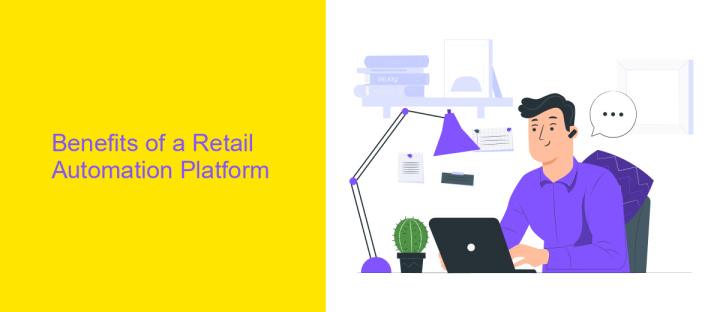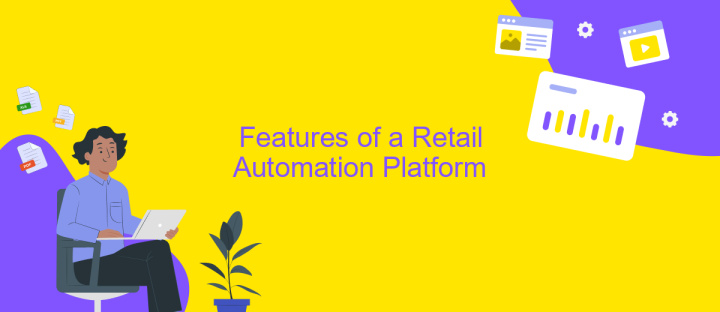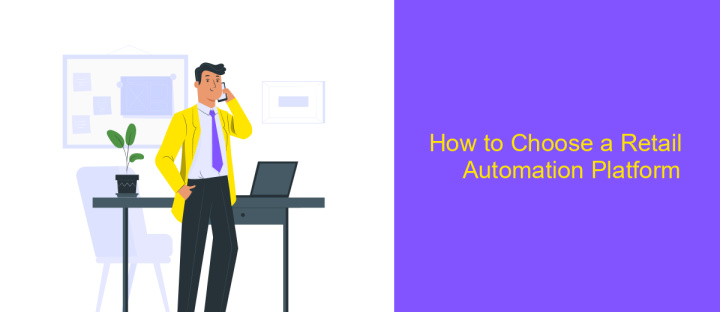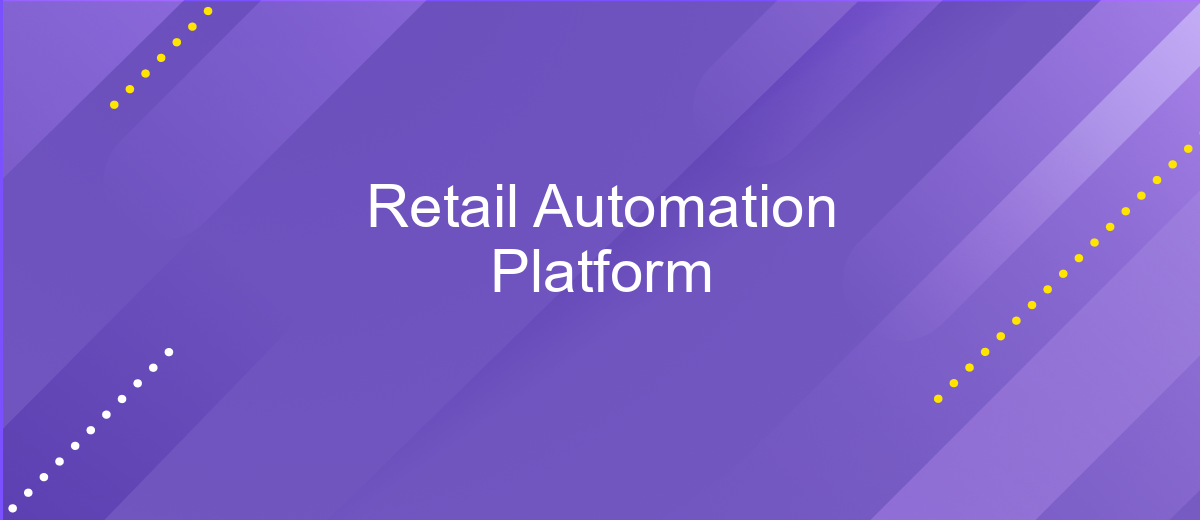Retail Automation Platform
Retail automation platforms are revolutionizing the way businesses operate by streamlining processes, enhancing customer experiences, and boosting sales. These advanced systems integrate various technologies such as AI, machine learning, and IoT to automate tasks, optimize inventory management, and provide insightful analytics. By adopting retail automation, companies can achieve greater efficiency, reduce operational costs, and stay competitive in an ever-evolving market.
Introduction
In today's fast-paced retail environment, businesses are increasingly turning to automation to streamline operations, enhance customer experiences, and boost profitability. A Retail Automation Platform (RAP) is a comprehensive solution designed to integrate various retail processes, from inventory management to customer relationship management, into a seamless and efficient system. By leveraging advanced technologies such as artificial intelligence, machine learning, and data analytics, RAPs are transforming the way retailers operate, offering numerous benefits.
- Improved inventory accuracy and management.
- Enhanced customer engagement and personalization.
- Optimized pricing and promotions.
- Increased operational efficiency and cost savings.
- Real-time data insights and analytics.
Implementing a Retail Automation Platform can be a game-changer for retailers looking to stay competitive in a rapidly evolving market. By automating routine tasks and providing valuable insights, RAPs enable retailers to focus on strategic decision-making and delivering exceptional customer experiences. This introduction explores the key features, benefits, and considerations for adopting a Retail Automation Platform in your business.
Benefits of a Retail Automation Platform

A Retail Automation Platform significantly enhances the efficiency and accuracy of retail operations by automating repetitive tasks such as inventory management, order processing, and customer relationship management. This not only reduces the likelihood of human error but also frees up valuable time for employees to focus on more strategic activities, ultimately improving overall productivity. By leveraging advanced analytics and real-time data, retailers can make informed decisions, optimize stock levels, and anticipate market trends, leading to better customer satisfaction and increased sales.
Additionally, integrating various systems and applications becomes seamless with a Retail Automation Platform. Services like ApiX-Drive facilitate the integration process by connecting different software solutions without the need for extensive coding knowledge. This ensures that all systems work harmoniously, providing a unified and efficient workflow. Retailers can easily synchronize data across multiple platforms, streamline operations, and enhance the overall customer experience. The ability to quickly adapt to changing market conditions and consumer demands gives retailers a competitive edge in an ever-evolving industry.
Features of a Retail Automation Platform

A Retail Automation Platform is designed to streamline various aspects of retail operations, enhancing efficiency and customer experience. These platforms integrate multiple tools and technologies to provide a comprehensive solution for retailers, enabling them to manage their business more effectively and stay competitive in a dynamic market.
- Inventory Management: Automates stock tracking, reorder points, and supplier coordination to ensure optimal inventory levels.
- Sales Analytics: Provides detailed insights into sales trends, customer preferences, and performance metrics to inform strategic decisions.
- Customer Relationship Management (CRM): Centralizes customer data, enabling personalized marketing and improved customer service.
- Point of Sale (POS) Integration: Streamlines the checkout process, supports multiple payment methods, and synchronizes sales data with inventory.
- Marketing Automation: Facilitates targeted campaigns, loyalty programs, and promotions to drive customer engagement and retention.
- Employee Management: Simplifies scheduling, time tracking, and performance monitoring to optimize workforce efficiency.
By leveraging these features, retailers can reduce operational costs, enhance customer satisfaction, and make data-driven decisions. A Retail Automation Platform serves as a vital tool for modern retailers seeking to thrive in an increasingly competitive landscape.
How to Choose a Retail Automation Platform

Choosing the right retail automation platform is crucial for streamlining your operations and enhancing customer experience. Start by identifying your business needs and objectives, as different platforms offer varied features tailored to specific requirements.
Next, consider the scalability and flexibility of the platform. As your business grows, the platform should be able to accommodate increased transactions and new functionalities without significant overhauls.
- Integration capabilities with existing systems
- User-friendly interface and ease of use
- Customer support and training resources
- Cost-effectiveness and ROI potential
- Security features and compliance with industry standards
Finally, read reviews and seek recommendations from other retailers who have implemented the platform. A well-informed decision will ensure that the chosen retail automation platform aligns with your business goals and drives long-term success.
Conclusion
In conclusion, the implementation of a Retail Automation Platform can significantly enhance operational efficiency and customer satisfaction. By automating routine tasks and streamlining processes, businesses can focus more on strategic initiatives and innovation. The integration of various retail systems, such as inventory management, customer relationship management, and point-of-sale systems, is crucial for a seamless operation.
Services like ApiX-Drive play a vital role in simplifying these integrations, ensuring that data flows smoothly between different systems. This not only reduces the risk of errors but also saves time and resources. As the retail industry continues to evolve, embracing automation and leveraging reliable integration services will be key to staying competitive and meeting the ever-changing demands of consumers.
FAQ
What is a Retail Automation Platform?
How can a Retail Automation Platform benefit my business?
Can I integrate my existing systems with a Retail Automation Platform?
Is it difficult to implement a Retail Automation Platform?
What kind of support can I expect after implementing a Retail Automation Platform?
Strive to take your business to the next level, achieve your goals faster and more efficiently? Apix-Drive is your reliable assistant for these tasks. An online service and application connector will help you automate key business processes and get rid of the routine. You and your employees will free up time for important core tasks. Try Apix-Drive features for free to see the effectiveness of the online connector for yourself.

